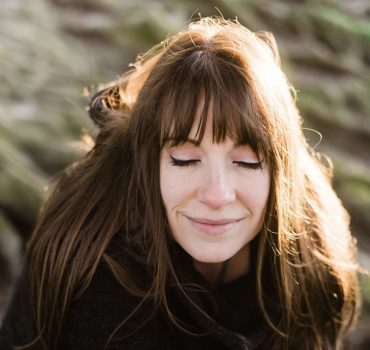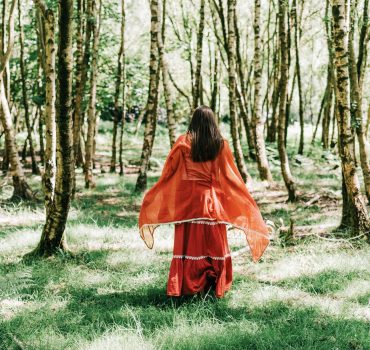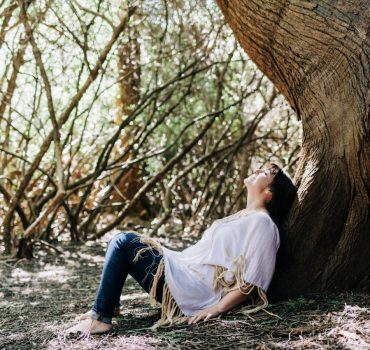THE LANGUAGE OF BELIEFS
‘Whether you believe you can or you believe you can’t, either one is true’.
Henry Ford
I remember thinking when I first read this quote ‘I get the concept that we control our thoughts and our thoughts create our emotions, but surely the only reason that we believe something is true, is because it is based on hard, undeniable facts….. right?’
Since then, I have spent a lot of time evolving my skills in the field of human consciousness and psychological concepts like ‘the truth’ and ‘fact’ have become much more transitory for me. The process of reading and digesting various scientific research papers and then using my own personal experience as the proverbial guinea pig, I have come to some rather interesting conclusions about human beliefs.
How we form beliefs
The process our brain undertakes when it is forming a belief is very similar to the process is goes through when we are learning a new skill. This time however, we are teaching our brain to give specific meaning to types of events and experiences that we encounter in our lives.
When we experience a stimulus event (this could be a fight with a family member or colleague, or a positive loving experience with a partner) our brain automatically goes to two places in its database.
First, it pulls out any memories of past experiences that it has stored and fires off the neurological connections that created the beliefs, thoughts and emotions that were present in these old situations. This is why when you see someone who looks like a childhood sweetheart or equally a childhood enemy, you start to experience the same thoughts and feelings you had at this time in your life. Your brain is firing up the same neurological pathways that it created when those events were actually happening!
If our brain draws a blank when looking for past experiences that resemble the stimulus event we are experiencing, then it resorts to watching other peoples responses to this stimulus and making new neurological connections based on our interpretation of their beliefs, thoughts and feelings. For example, as a young child you may have never seen a honey-bee before. Your brain attempts to find a past experience to compare this to but fails to pull anything out of the database so instead observes your mother who is running away fast from the bee, screaming that it might sting her. What sort of neurological connections do you think are being made here? On this basis you might decide that because your mother seems to know a lot more about life than you and because she is reacting in this way, this means that you should also believe that all bee’s are dangerous and might cause you pain. You might start to ‘think’ this on a regular basis whenever you see a bee in the future (because this time your brain is finding past experiences to draw upon) and you will probably start to feel fear and anxiety every time you are approached by a member of the bee species.
You get the picture right. What choices do you think this belief and its associated thoughts and feelings will prompt you to make when you are approached by bees in the future?
Will you reach out and say ‘Ahhh look at the beautiful bee”?
I don’t think so either.
Our reactions to stimulus events are almost always governed by the neurological pathways we have created based on past experiences or by observing the behaviour of others. The challenge this presents to us is that our learned beliefs, thoughts and emotions might not be appropriate in every stimulus event, yet we respond to them with our generic pattern of behaviour that we have filed under ‘bee’s’.
Widen the scope of this to look at the beliefs we hold about our capabilities, our role at work, our boss, our partner, the society we live in, and you start to get some interesting insights into how much of what you believe is actually authentically yours.
Our challenge is to start to gain an awareness of this process and interrupt the pattern when we catch ourselves acting from beliefs that no longer serve us.
Our beliefs create our reality
Our beliefs are the basis for how well we decide to do in our lives. Whether we believe we are capable of great things or we believe that we will always be held back, either of these beliefs can become true for us. I believe its one of life’s greatest gifts to help people realize that they are the masters of their own systems of belief and that they have the ability to change them for the good of themselves and others. “I never believed that I was capable of doing that….” Is one of the most beautiful sentences in the universe.



